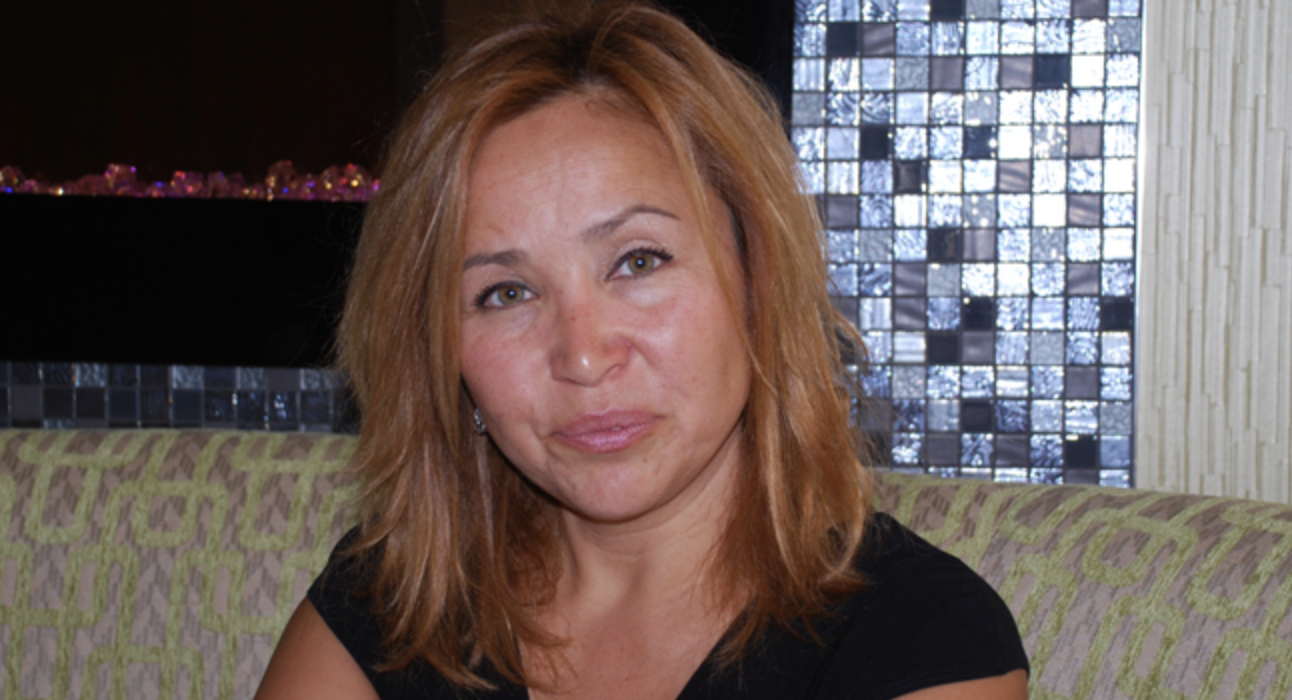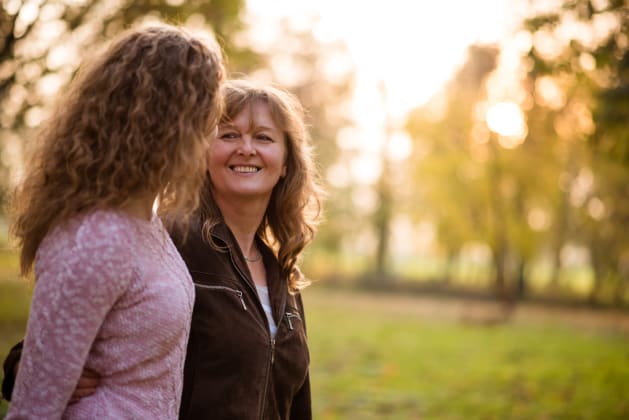'Truth and reconciliation begins with truth telling'
By Terri Coles
Canada prides itself as a country made up of a cultural mosaic, where ethnic groups, languages, and cultures coexist within society.
Adequate education about Indigenous cultures, histories, lifestyles, and languages is lacking in many schools and some Canadians still hold incorrect beliefs and ideas about Indigenous people. And some of those Canadians could very well be your friends and family members.
"Truth and reconciliation begins with truth telling," said Pamela Rose Toulouse, an Anishinaabe Indigenous woman who is an associate professor and 3M National Teaching Fellow at Laurentian University in Sudbury, Ontario. She teaches community Indigenous relations and inclusive education.

OTHER
Pamela Rose Toulouse, an Anishinaabe Indigenous woman, who is an associate professor and 3M National Teaching Fellow at Laurentian University in Sudbury, Ontario.
Toulouse said becoming an ally — someone who wants to support others and further a movement for fair and just treatment or legislation — may not be easy, but it's a worthwhile role in helping to combat racism.
"No matter how an ally was called to this role, it will be a path of joy, hardship, anger, happiness and inspiration," said Toulouse, who is also the associate vice president of academic and Indigenous programs at Laurentian. "It's not an easy role, especially when non-allies surround you."
What is a non-ally?
Toulouse said non-allies in this context include people who are actively discriminatory toward Indigenous people, as well as those who choose to sit on the fence.
"The non-ally occupying the fence-sitter position actually has an opportunity to make a difference, but doesn't," she said.
HERO IMAGES VIA GETTY IMAGES
Information is power. Educate yourself about Indigenous issues.
Education and participation
To become an ally, Robin Máxkii, an Indigenous journalism fellow at the Native American Journalists Association, said to start by educating yourself about Indigenous history, current issues, and the barriers faced by Indigenous people in Canada.
The internet can be full of misinformation, but Máxkii pointed out that it can also be a great resource. Look for information from Indigenous-run organizations, such as the and the .
Engage with your local — many Canadian communities have one of these community groups. Also, read Indigenous-focused news outlets, such as .
Here are some resources Toulouse and Hayes suggested:
Aligning with fellow allies
Alesha Hayes, who works for the Indigenous Perspectives Society, which offers training programs and services that help foster a deeper understanding of Indigenous perspectives, wrote a .
She said it's important to speak up about issues affecting marginalized communities and people.
"It is important that non-Indigenous allies talk to others about how they can be allies because we must continually challenge each other to be and do better," Hayes told HuffPost Canada by email. "My (most profound) learning about effective ally work has been from talking with (allies), and it usually results in all parties involved growing from the discussion."

IPS is participating in Orange Shirt Day (tomorrow, Sept. 30th), and our thoughts are with residential school survivors and all who have been impacted. Are you wearing orange today? Learn more here:
Fostering understanding
An ally should start working with a non-ally by accepting that person, rejecting their behaviours kindly, acknowledging where they're at, and starting from that point, said Toulouse.
"Allies need to find out the reasons why the non-ally positions themselves against Indigenous people," she said. "Once you know the reasons and have an understanding, then you can start to unpack these notions with compassion."
GETTY IMAGES
Conversations help you to learn about others opinions to build understanding.
Simply asking them why they have the opinions or ideas about Indigenous people is a great place to start because you give the person a chance to express how they feel and why, and you have a clearer idea of where they're coming from.
"By talking to them gently about their experiences, it is usually possible to crack open some curiosity or awareness that there is more to the story than they have been told," Hayes said.
Toulouse encourages allies to find emotional ways to connect the person with the truth.
"Try to get someone to think about how they would feel if their children were taken away, as was the case for many Indigenous parents whose children were forced to attend residential schools," she said. "The ally needs to plant that seed of discomfort in the non-ally to think about and empathize with what marginalized communities dealt with."
However, make it about the belief, not the person, she said.
"The moment you call someone a racist is the moment they stop listening to you and instead focus on defending themselves," Máxkii said. "It is much more constructive to point out why a particular ideology or statement is racist. It's the difference between 'You are a racist!' and 'You said a racist thing.'"
GETTY IMAGES/ISTOCKPHOTO
Talk isn't cheap, it helps facilitate awareness and understanding.
Talk it out
When you speak up or challenge the views of a friend or family member, you might not change someone's views in one conversation. And, you likely won't get to say everything you'd like to say but you can open up a dialogue.
"By someone addressing these head on, it creates a conversation," Máxkii said. "Otherwise, these harmful views will continue to fester."
Nobody is pretending it's fun to start tough conversations with friends and family, but being an ally means showing up for people, and speaking up is one of the easiest ways you can do that.
If your family is actively saying harmful, upsetting things about people you value, you are going to feel uncomfortable no matter what. Máxkii said she tries to stay calm in discussions like these to avoid becoming emotionally pulled into the situation. People are less likely to listen when they are being shouted at — even if they are wrong and even if what they're saying is harmful.
Even though it may be hard to stay calm in the face of racism, it's more likely that the other person will stay engaged and listen if you're speaking to them reasonably. Even if the person you're speaking to is trying to be negative, or even hateful, approaching them as if they are just misinformed can help you stay calm, said Máxkii.
Source:
Related to SDG 10: Reduced inequalities and SDG 16: Peace, justice and strong institutions






